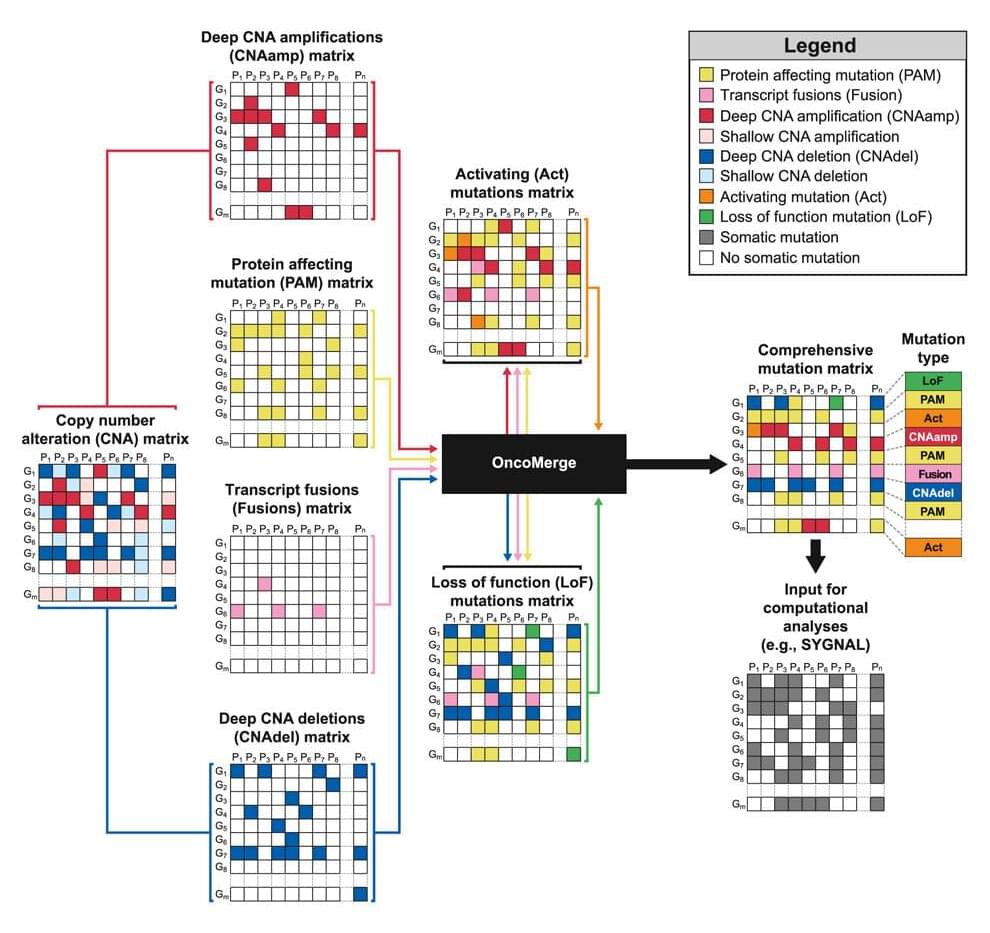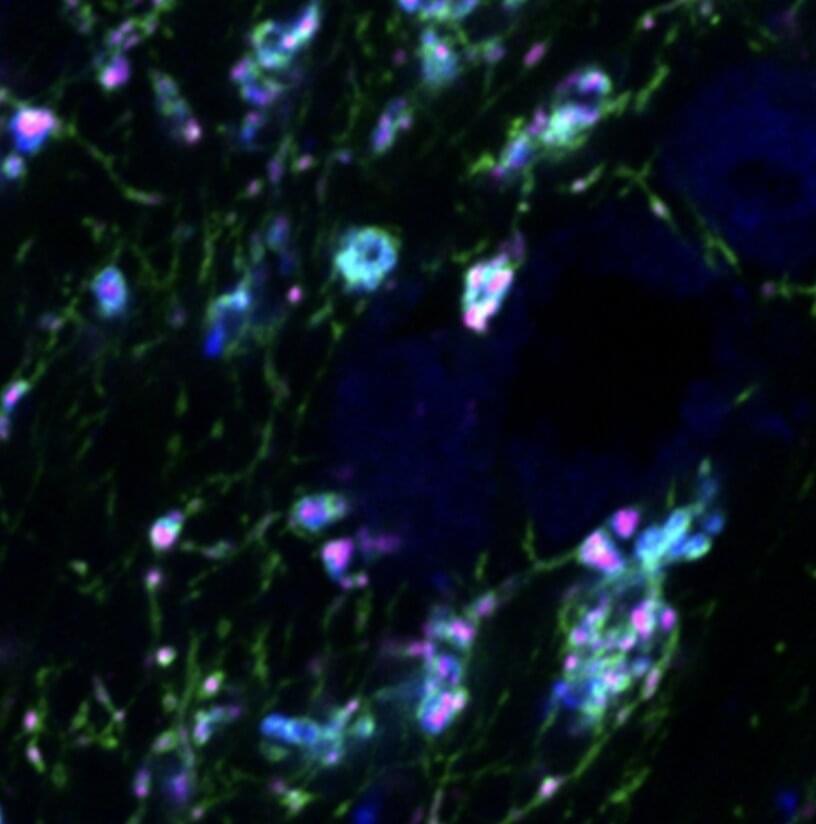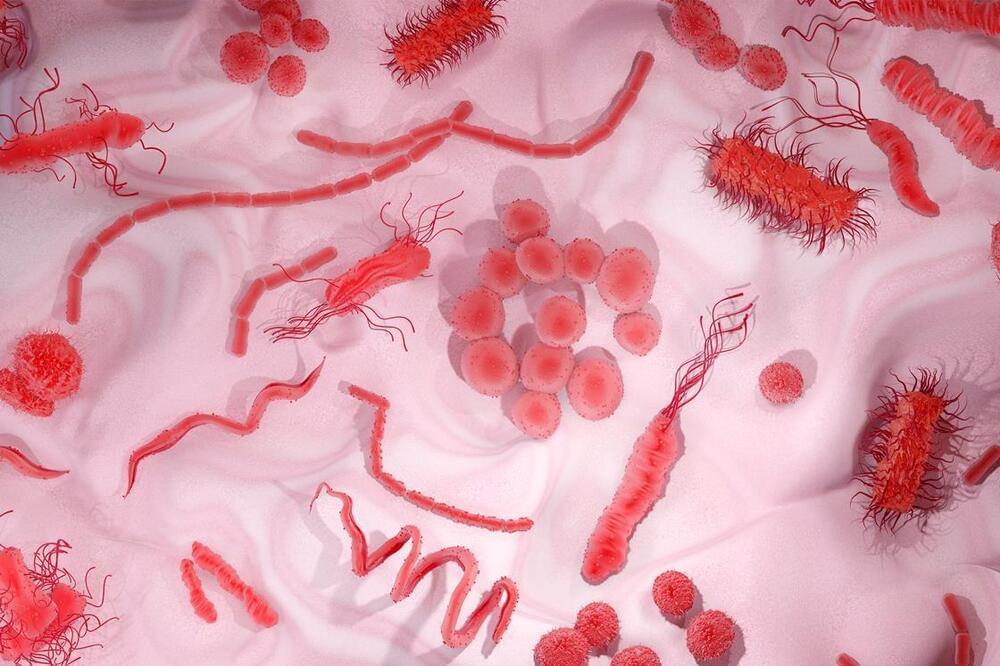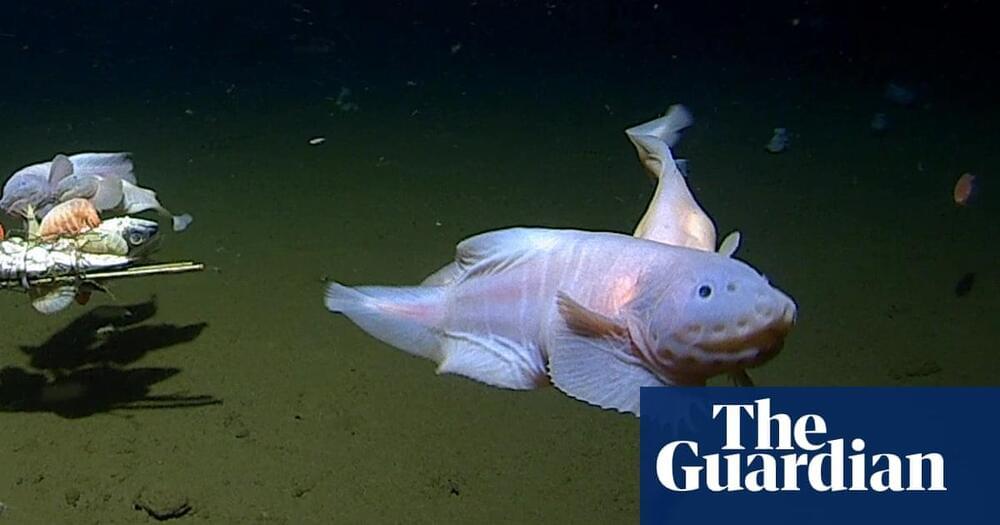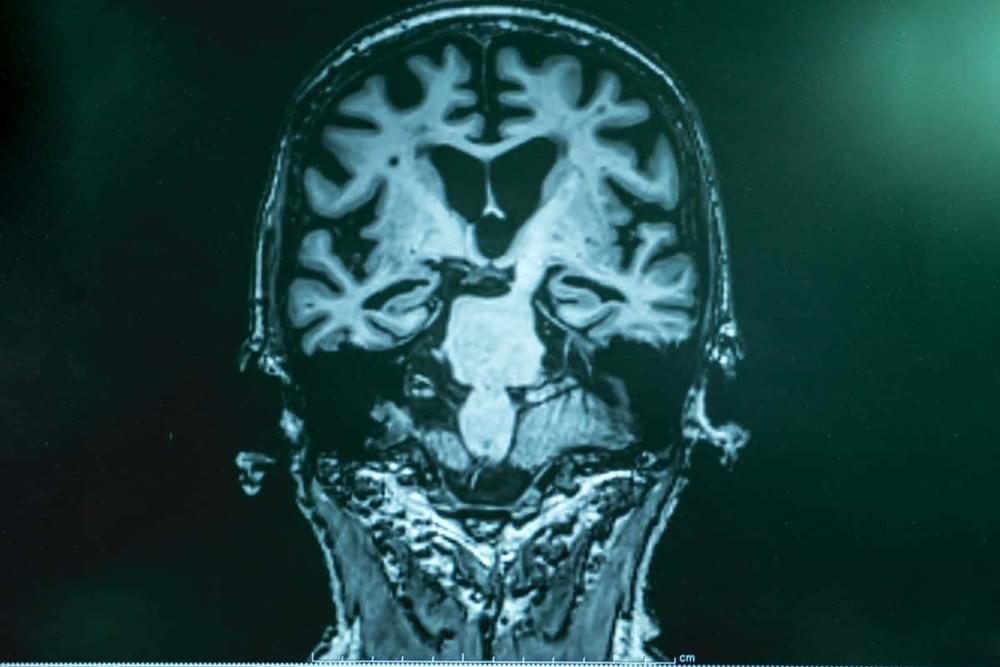Apr 4, 2023
Biological markers identified as powerful predictors of prostate cancer relapse following radiotherapy
Posted by Shubham Ghosh Roy in category: biotech/medical
Two key proteins linked to cell division can reliably predict disease recurrence in prostate cancer after radiotherapy treatment, according to new research.
Using an inexpensive and widely available technique in the clinic, the researchers evaluated a range of proteins in prostate tumor biopsies and determined that the phosphatase and tensin homolog (PTEN) and geminin proteins are key markers associated with cancer relapse after radiotherapy.
Based on their results, the team at The Institute of Cancer Research, London, reported that patients with tumors showing loss of PTEN were almost three times more likely to experience recurrence than those with ‘normal’ PTEN. Similarly, the data showed a 70 percent increase in the likelihood of experiencing recurrence in patients with tumors that had a 10 percent increase in geminin.


